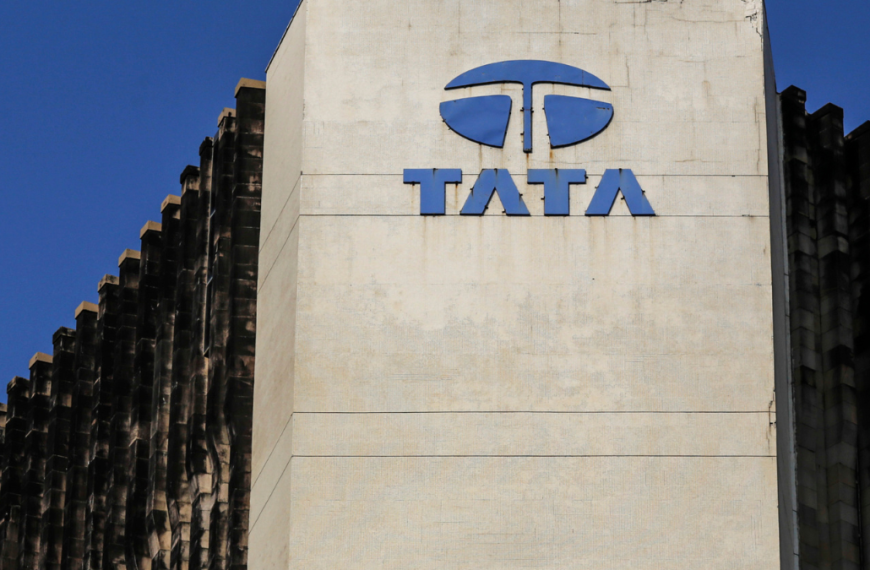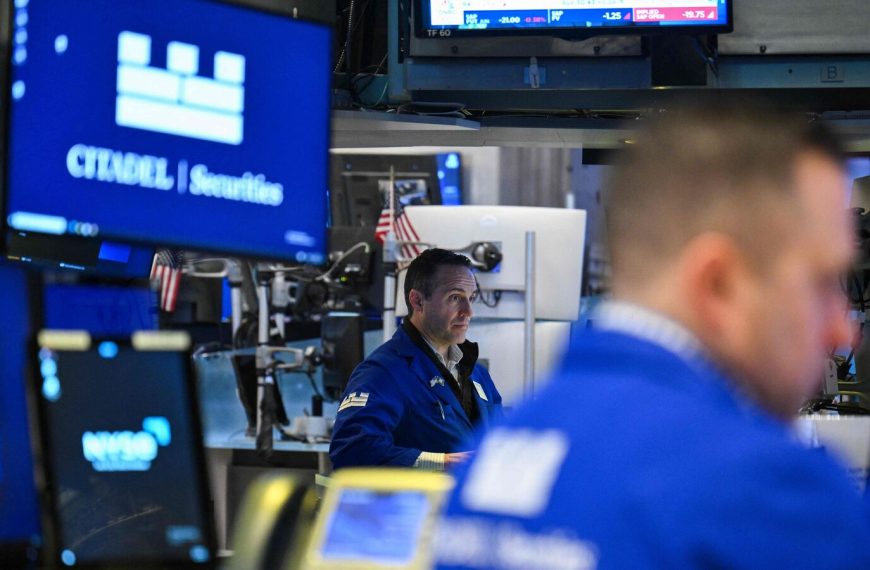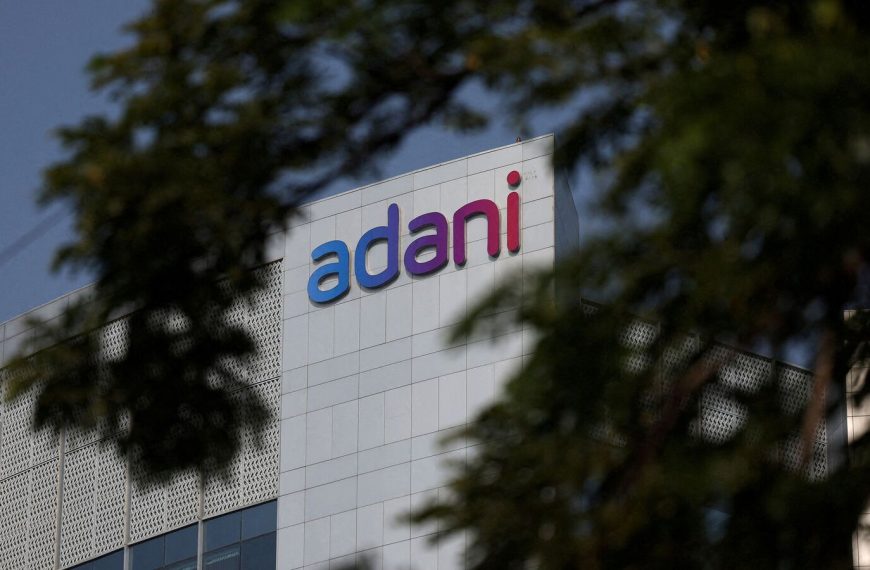The digital landscape is rapidly changing, and a new phenomenon known as Opinion Trading is catching the eye of both investors and betting enthusiasts. This emerging trend has piqued the interest of many but has also drawn the attention of regulatory bodies, who have issued strong warnings regarding its legitimacy and safety for consumers.
What is Opinion Trading?
At its core, Opinion Trading functions as a prediction market where participants bet on the outcomes of various events. For example, users might wager on whether the Indian cricket team will clinch the T20 World Cup or if Bitcoin will reach a certain value.
When predictions are accurate, bettors receive payouts; conversely, they lose their stakes if their forecasts miss the mark. This intriguing concept has garnered attention, but it’s crucial to navigate the complexities and regulatory implications associated with it.
The Mechanics of Opinion Trading Platforms
These platforms enable users to invest real money on the likelihood of specific events occurring. The range of events is expansive, encompassing everything from political developments to sports results and fluctuations in financial markets.
In India, platforms like Probo, MPL Opinio, and PlayerzPot are gaining traction. On these sites, users typically engage in simple yes/no bets, such as “Will the Chennai Super Kings surpass 300 runs against the Mumbai Indians in the IPL?”
- Payouts: Users earn payouts if their predictions come true.
- Losses: If the event does not unfold as predicted, the user forfeits their wager.
This format has captured the attention of many in recent months, with a notable rise in participants and investment backing.
Rising Popularity and Regulatory Concerns
In December 2024, reports highlighted the meteoric rise of the opinion trading sector, which attracted over Rs 4,200 crore in funding from notable investors, including Sequoia Capital, Y Combinator, and Accel Partners. With more than 5 crore users in India, this market is expanding rapidly.
The appeal of opinion trading lies in its straightforward, game-like structure. It transforms the act of prediction into a potential source of income, drawing participants eager to test their intuition against real-world events. For instance, consider betting on the outcome of a cricket match between India and Pakistan—the thrill and potential profit are enticing.
SEBI’s Stance on Opinion Trading
Recently, the Securities and Exchange Board of India (SEBI) clarified its position on opinion trading. The regulator stated that these platforms fall outside its regulatory scope, as the "trades" conducted involve no actual financial securities. Consequently, users are cautioned that these platforms lack the investor protection mechanisms present in legitimate financial markets.
SEBI has expressed concern over the use of terms like "profits," "stop loss," and "trading" within these platforms, which can mislead users into thinking they are engaging in traditional investment activities such as stock or derivative trading.
A Global Perspective
Looking beyond India, opinion trading is treated differently across the globe. In the United States, certain states permit regulated forms of opinion trading, allowing bets on outcomes like sports and political events, but these markets are closely monitored. Meanwhile, in the United Kingdom, opinion trading platforms are classified as gambling entities, subject to specific regulations.
In summary, while opinion trading presents an exciting opportunity for many, it is essential for participants to understand the associated risks and the regulatory landscape before diving in.











